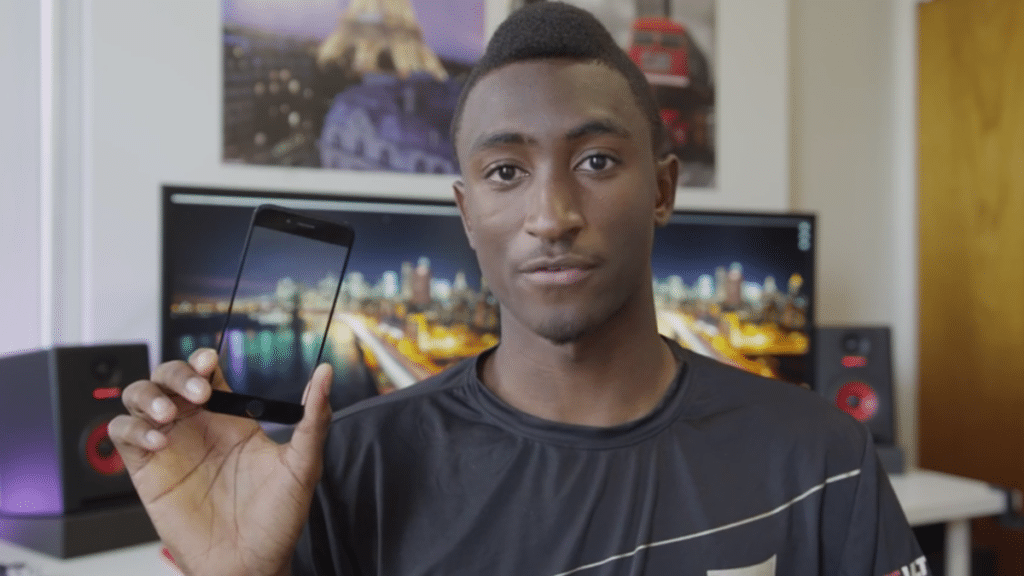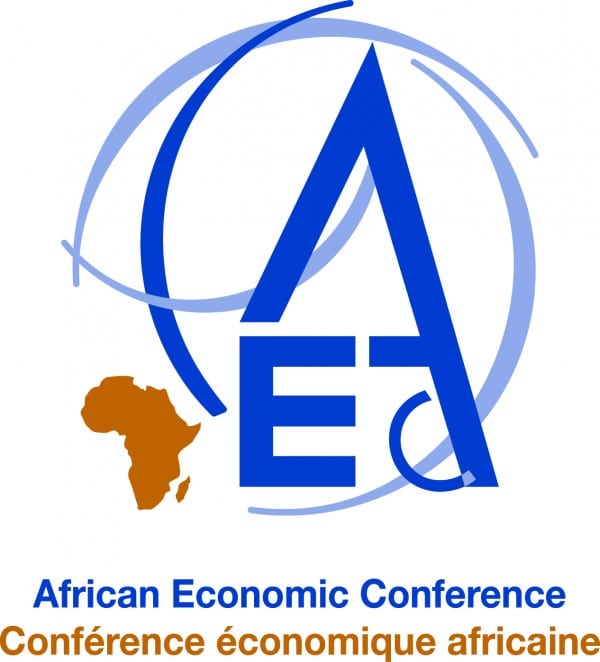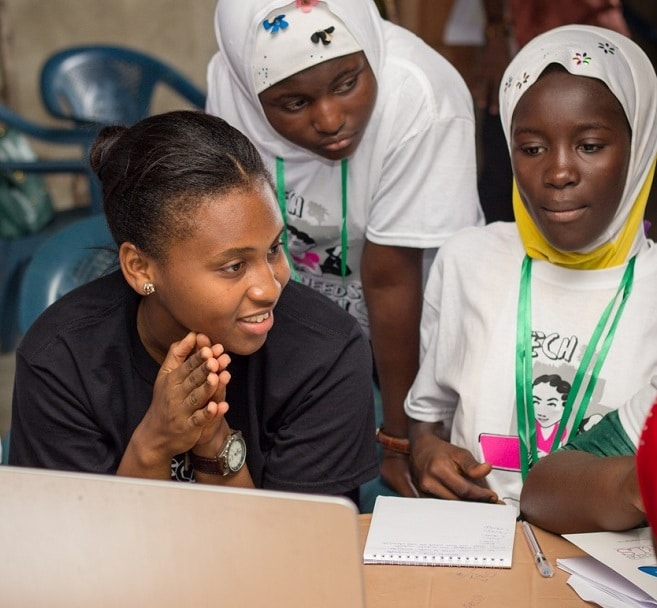A 20-year-old tech lover and YouTube sensation is giving consumers the upperhand when it comes to making decisions about their next tech purchases.
There used to be a time when consumers were forced to take every TV commercial or Internet ad at face value but YouTube is giving tech lovers the platform to really put new products to the test.
Marques Brownlee has become one of the most popular YouTube sensations by doing this.
Brownlee hasn’t even earned his cap and gown from college just yet, but he didn’t let that stop him from creating an online empire that most people will recognize as MKBHD.
Brownlee has uploaded video reviews of a variety of smartphones, including the iPhone 6 and Google Nexus 6.
While his smartphone videos are some of the most popular uploads they certainly aren’t the only things the young tech savvy YouTube star has gotten his hands on.
A quick stroll through his channel will reveal reviews for iPads, the Apple Watch, camera equipment and even the Tesla Model S, an incredibly stylish electric car that has been making quite a buzz in the automobile industry.
With such a large variety of reviews, Brownlee’s channel has garnered nearly 2 million subscribers, which makes his channel more popular than that of Kanye West, Marvel, Cover Girl and Disney Animation.
His channel only recently started picking up steam, although he launched the series of tech reviews roughly six years ago.
Now that he has mastered a particular filming style and brought an incredibly likable personality to the videos as well, his virtual empire is growing faster than ever.
“If I’m going to give someone advice on what to buy, you want a personality to back it up rather than some robot telling you X is better than Y,” he said, according to Wired.com.
The professional Ultimate Frisbee player said that the channel makes enough revenue from ad to “pay for itself” and “make it worth [his] time.”
In the future he hopes to continue expanding the types of products that make their way into his hands for reviews.
“Anything with an on button is fair game,” he said.
While his post-graduation plans aren’t clear just yet, the channel’s success will likely leave the young YouTube star with some rather interesting career opportunities before he even slips into his cap and gown.




